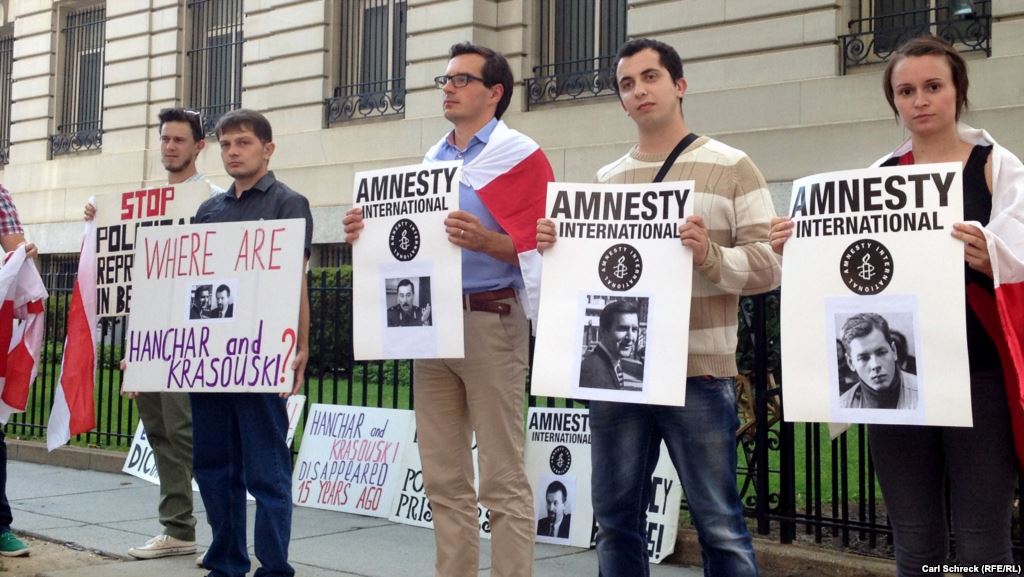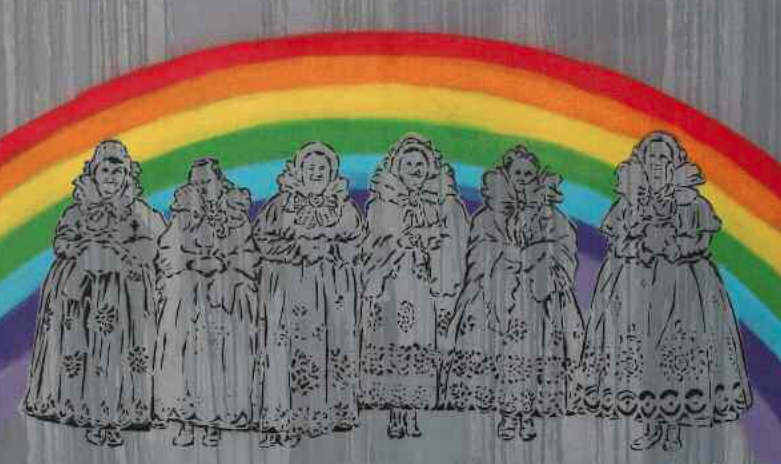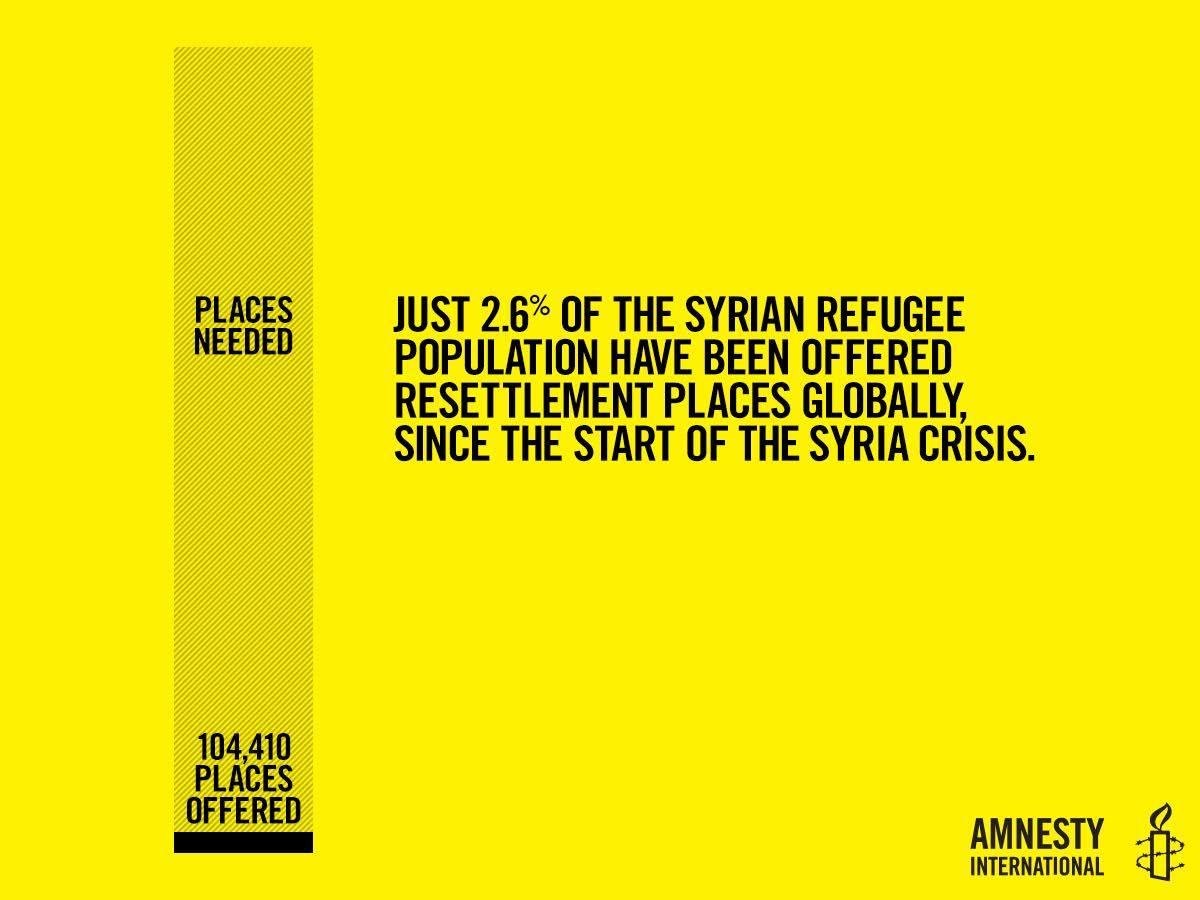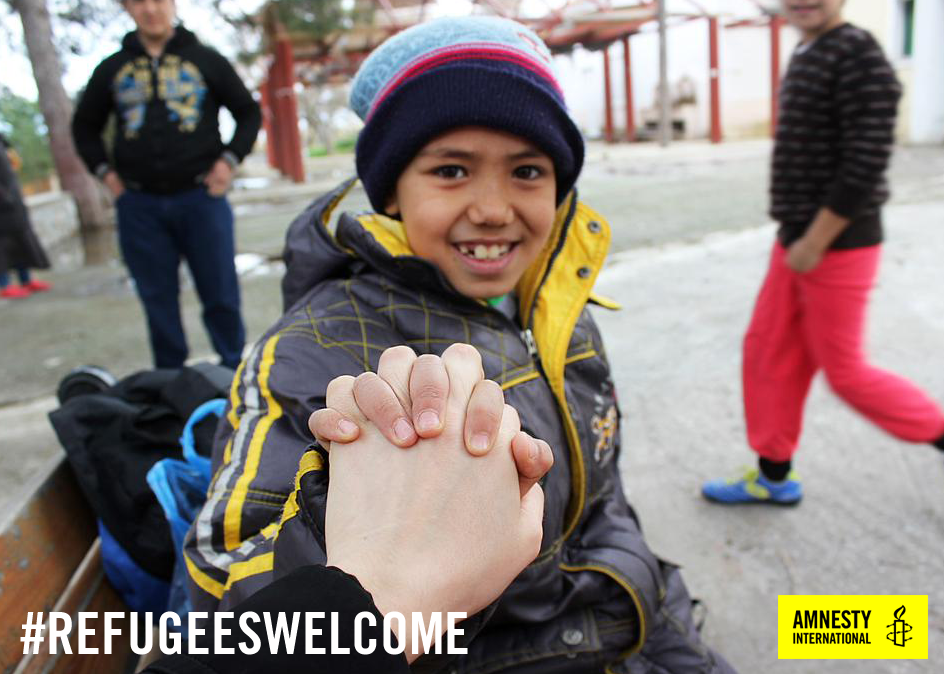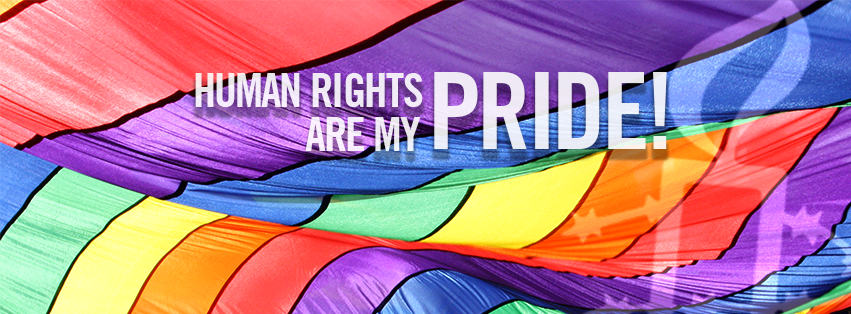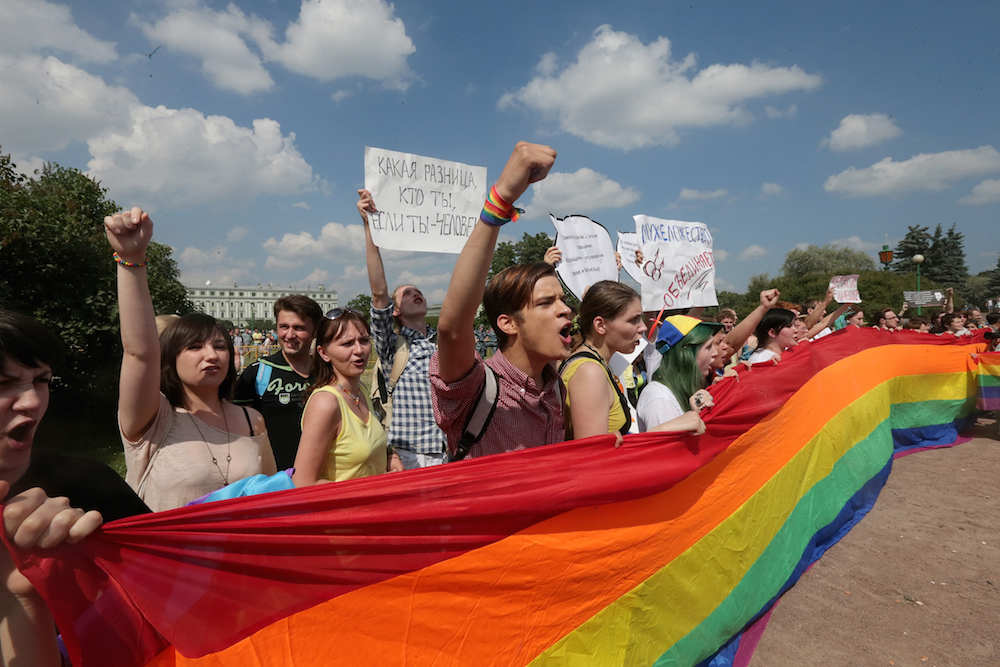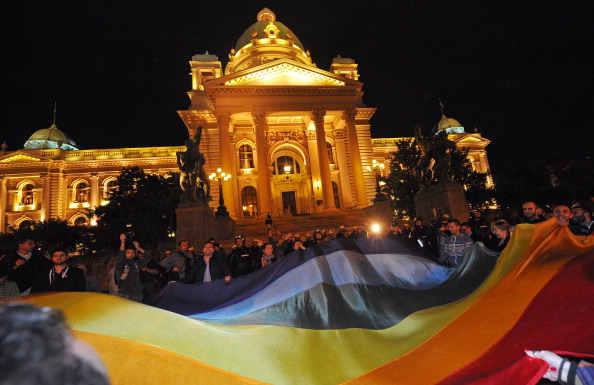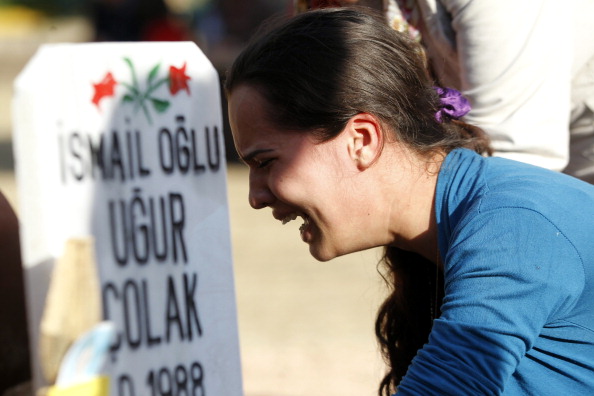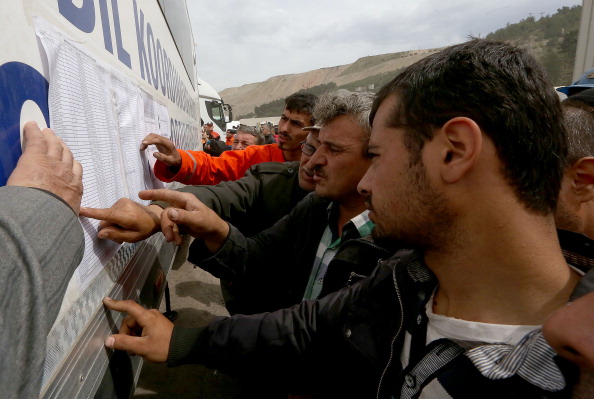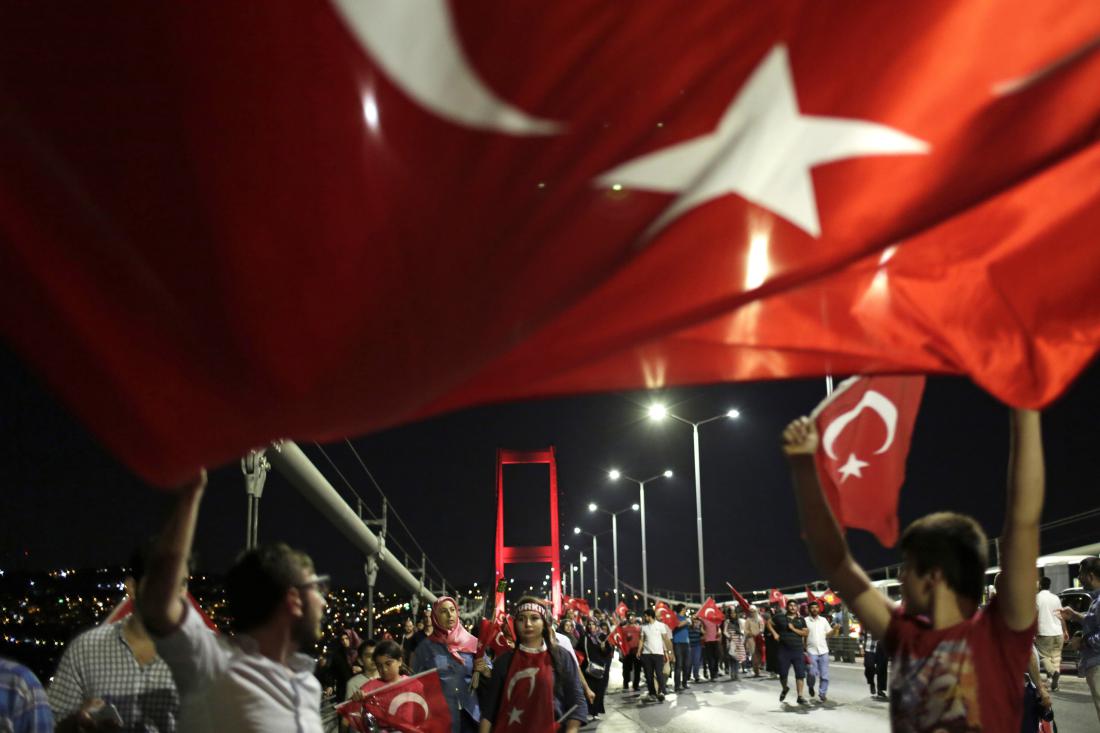
AP Photo/Petros Giannakouris
Please note this article first appeared on Time.com here.
By Katy Pownall, News Writer at Amnesty International
It’s rush hour on Istanbul’s Bosphorus Bridge. Queues of cars jostle for position, the noise of horns fills the air, a young man selling Turkish flags weaves through the traffic carrying dozens of fluttering pieces of fabric; red and emblazoned with the country’s striking crescent and star.
Looking at the bustling scene, it’s difficult to believe that just a week ago, this same bridge was the scene of bloody carnage. The place where heavily armed soldiers and tanks first stationed themselves, and Istanbul’s inhabitants realized that a military coup was underway. SEE THE REST OF THIS POST
